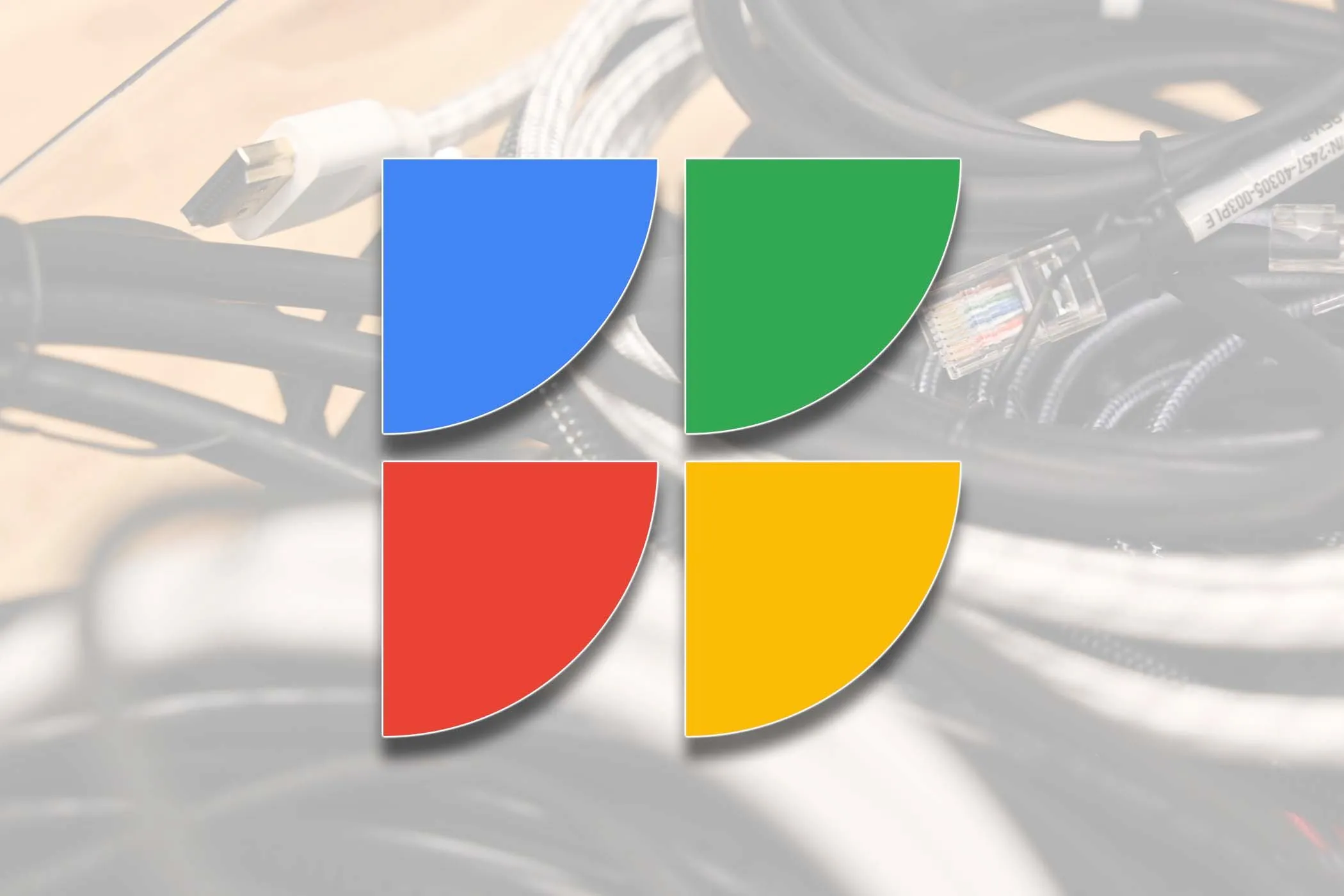Researchers from Nokia and GFiber Labs (the experimental arm of Google Fiber) successfully achieved 41.89 Gbps download speeds on a live Google Fiber network. This marks the first time that Nokia’s 50G PON (passive optical network) technology has been used on a Google-owned network, and its one of the only examples of live 50 Gig networking in the United States.



Can we work on expanding existing fiber so most places get at least a single gig fiber first?
I have a feeling the people making fiber internet faster aren’t the same people installing it in neighborhoods.
Google also isn’t the people making fiber faster. It’s scientists in labs
https://www.popsci.com/technology/fiber-optic-wavelength-record/
So you are proving their point, not to be a dick, but theyre the ones financing both so I agree with who you responded to that they shiuld allocate their investments into expanding their customer base before improving it for the existing customer base.
Last I recall, Google was trying (they obviously want the money) but was receiving pushback from legacy ISPs and the local governments they have agreements with. Is that not the case?
I’m not sure. I could see that happening but it seems like they aren’t expanding in areas they already have service set up in. For example in my area it is available in the city and surrounding suburbs but won’t expand that area to any of the surrounding towns. This is in Western New York, specifically Erie County that has a decent sized population of townships outside of Buffalo and its adjoining burbs.
I feel like the cost of running lines of fiber optics hits a brick wall if x amount of miles is needed per available customers and Google is never going to expand outside of Metropolitan service for that reason. But that’s my 100% unfounded guess based off nothing.
Google basically gave up because even with their bankroll, dealing with the regulatory bullshit monopolies current providers had a lot of places was prohibitive.
We don’t have to make everything perfect everywhere before we make improvements to something.
We have more than enough resources to increase availability, and to improve existing connections.
This wouldn’t be for a single customer. It’s 50 gig PON, which would serve 32-64 different customers. I’m not an engineer, but I’m assuming it will pave the way for 2.5-5 Gbps services.
Most companies are currently switching from GPON (2.5 gig shared 32 ways), to XGSPON (10 Gbps split between 32-64 customers).
The company I work for has been deploying XGSPON on Nokia transport for a few years now. It’s very nice.
Edit: I wasn’t real specific on how it’s split. So that 50 Gbps feed is sent down a single fiber to a splitter, which is often in the field in an AP cabinet. From there fiber that actually goes to the customer’s premise gets connected. It feels a little dirty splitting like some sort of old coax system, but it makes rolling out fiber to the home much, much quicker.
There is already some news about it, but I don’t think you will like it. Link to post